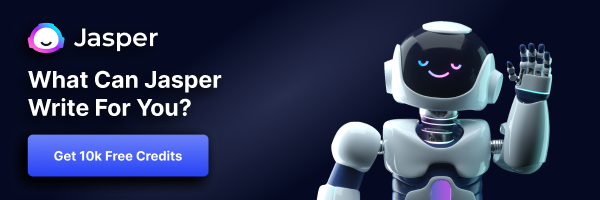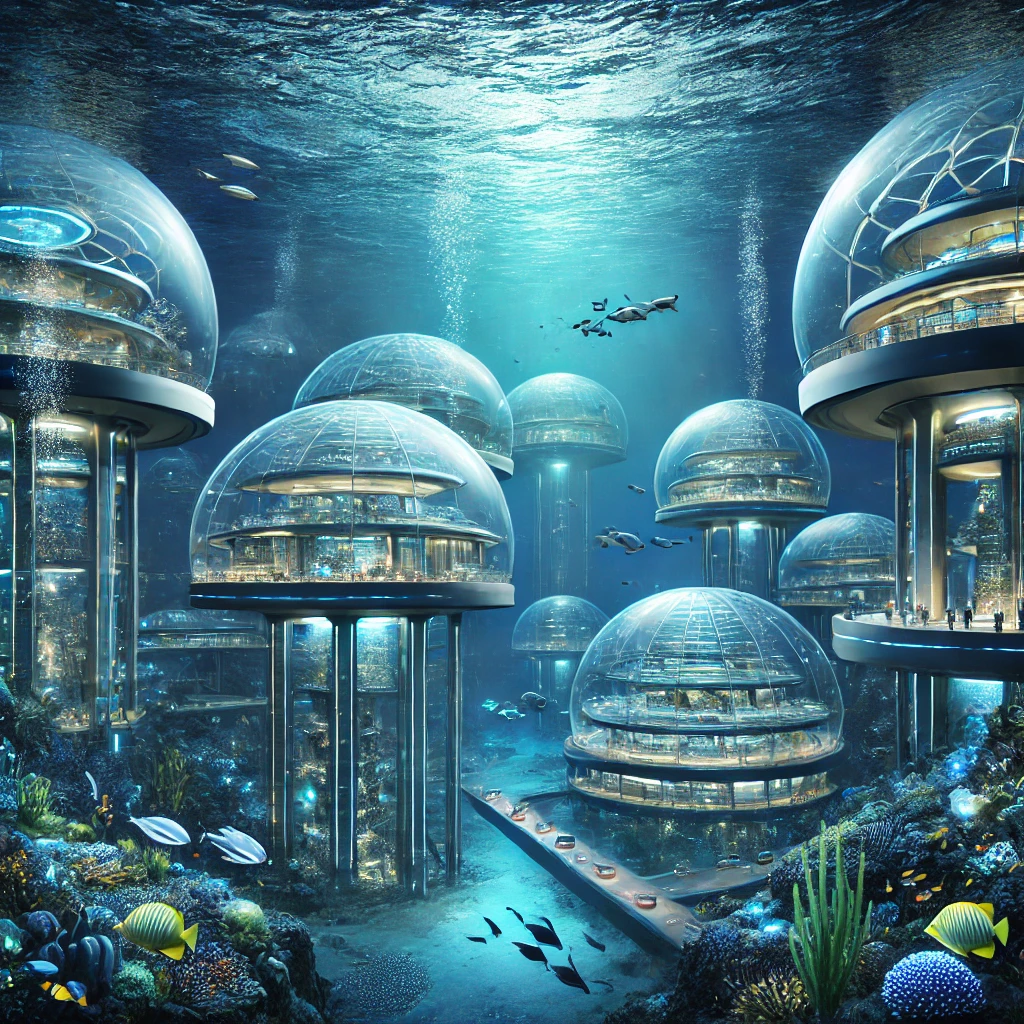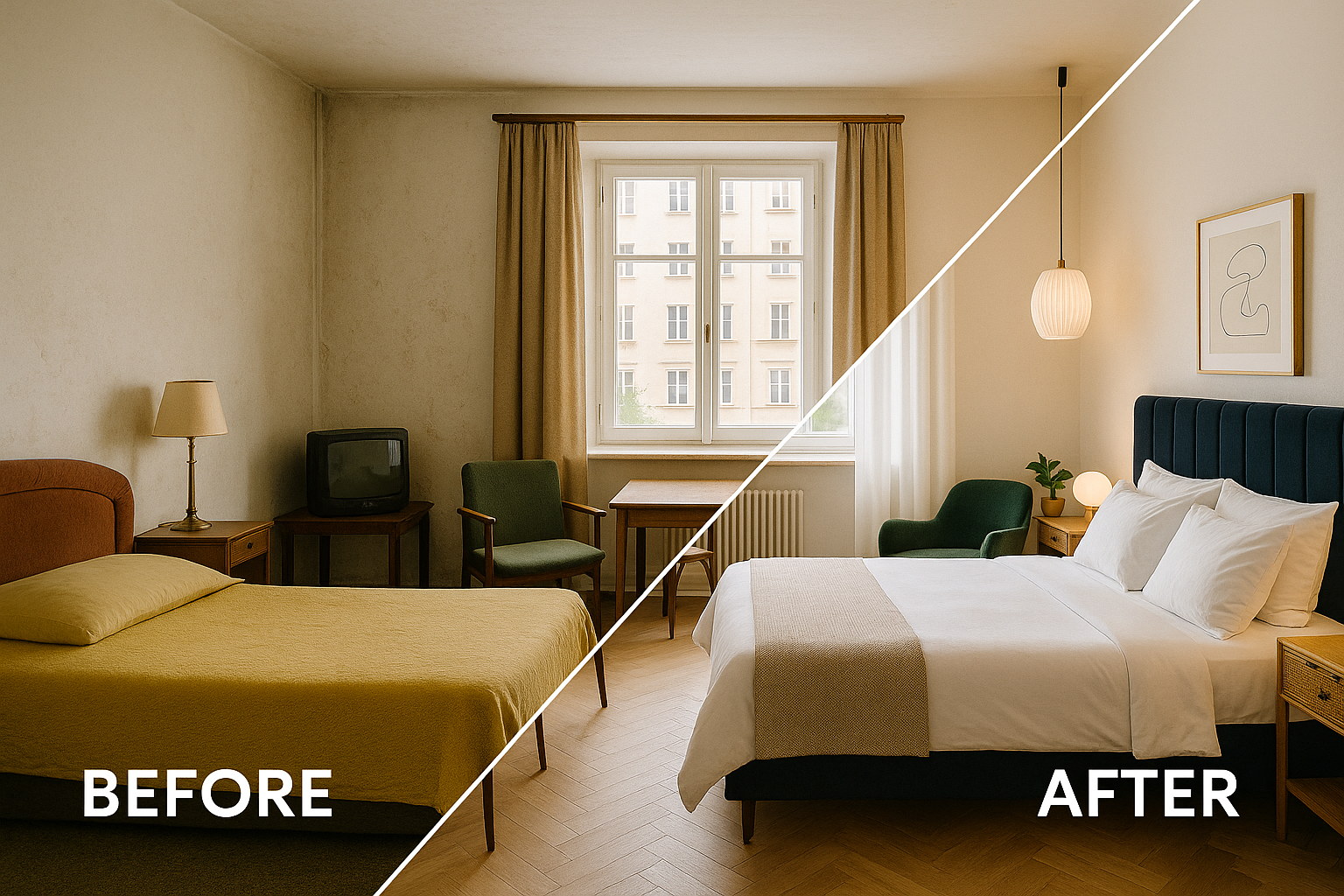The AI Revolution in Hospitality: Limitation and What Can Go Wrong?
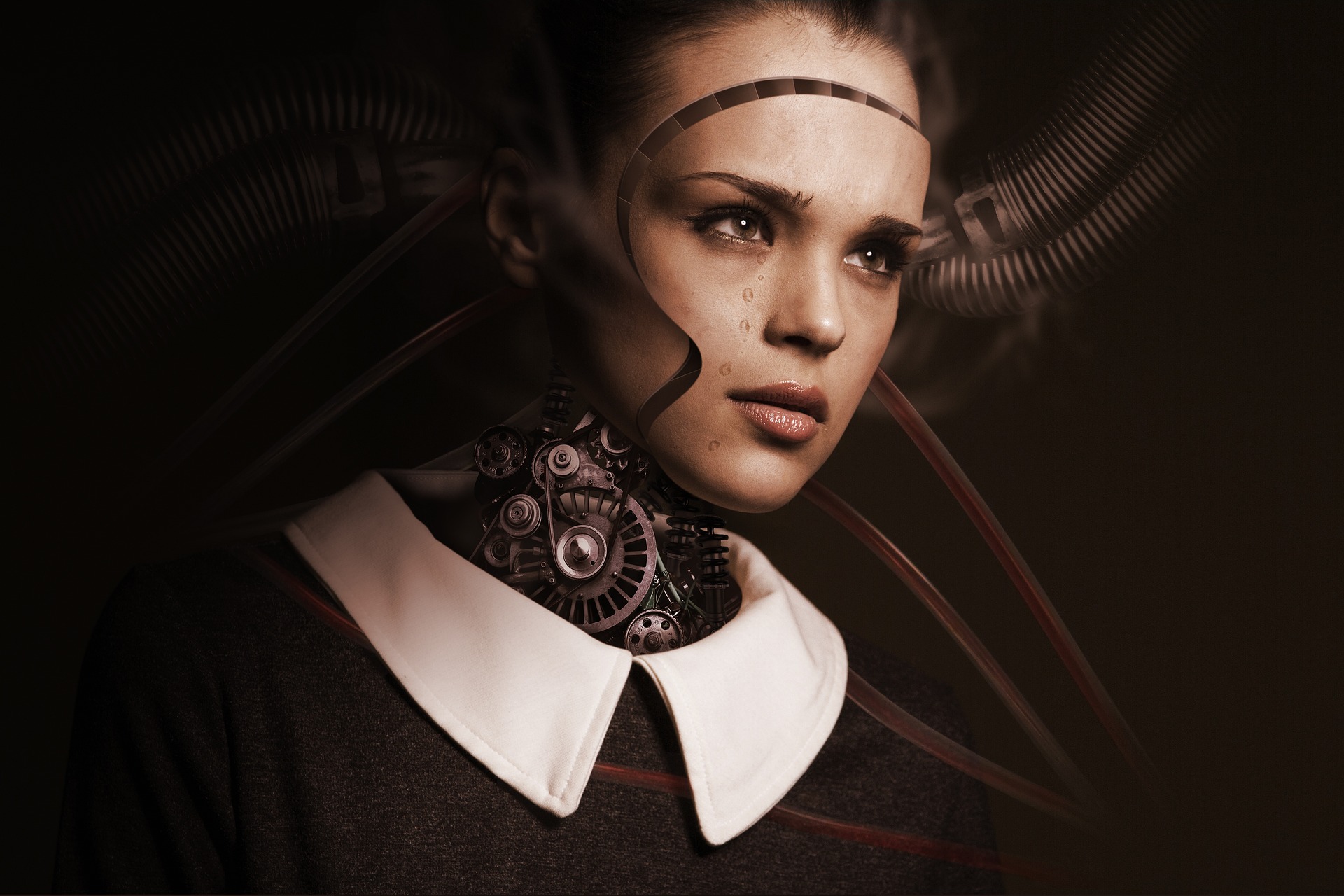
AI is making waves in the hospitality industry, from chatbots answering guest inquiries to automated room service deliveries. However, as hoteliers, we know that the hospitality business is all about creating memorable experiences for people, and that’s where AI can’t replace us, humans. You won’t find an AI with a warm smile to greet you at check-in or one that can recommend the perfect cocktail for your mood. So, let’s take a closer look at what AI can’t do in the hospitality industry, and have a few laughs along the way. After all, they are ROBOTS!
Well, let’s face it – AI is not the perfect employee for the hospitality industry. Sure, it can be helpful in some ways, but there are some serious limitations that could ruin your guests’ experience faster than you can say “robot takeover.”
First of all, AI lacks empathy – which is a huge no-no in the hospitality world. Imagine a guest comes to you with a complaint, and instead of a sympathetic ear, they get a cold, calculated algorithm. Not exactly the best way to win them over, is it?
And let’s not forget about creativity. AI may be able to crunch some numbers and make predictions, but it’s not exactly the best when it comes to generating creative ideas. So if you want your hotel to stand out from the competition with unique experiences or killer marketing campaigns, you might want to stick to good old human creativity.
Of course, AI is only as good as the data it’s fed. If that data is inaccurate or incomplete, your AI system might as well be a Magic 8-Ball. And let’s be real – relying on a toy to run your hotel is not the best idea.
Sure, AI can help with things like reservations and check-ins, but it can’t replace the human touch that many guests value. If your hotel relies too heavily on AI, you might as well be running a robot factory – and no one wants to stay in one of those (or do they?).
Last but not least, there are privacy and security risks to consider when using AI. If you’re using facial recognition software to track guests, for example, you better have some serious safeguards in place to protect that data. Otherwise, you might as well put a “hack me” sign on your hotel.
So, while AI can be helpful in some ways, it’s important to remember its limitations and potential risks. After all, you don’t want your hotel to be the subject of the next Terminator movie, do you?
Anyway, I asked ChatGPT to tell me more about what can go wrong with AI in the hospitality industry. And there you are! I can not agree more 🙂
Lack of empathy: AI is not capable of showing empathy and understanding human emotions, which is a crucial part of the hospitality industry. This is especially important when dealing with guest complaints, where empathy and human connection are key to resolving the issue and ensuring guest satisfaction.
Limited creativity: While AI can analyze data and make predictions, it is not capable of generating creative ideas or developing unique experiences. In the hospitality industry, creativity is key to developing unique guest experiences that set a hotel apart from its competitors. Therefore, AI may not be the best tool for developing creative marketing campaigns, designing unique guest experiences, or other areas that require a human touch.
Reliance on data quality: AI relies on data to make predictions and decisions. Therefore, if the data is inaccurate or incomplete, the AI system may not be able to provide accurate results. This is especially important in areas such as revenue management and demand forecasting, where accurate data is crucial to making informed decisions.
Lack of personal touch: While AI can provide valuable assistance in areas such as reservations, check-ins, and guest requests, it cannot replace the personal touch of human interaction. Many guests value the human connection that comes with staying in a hotel, and relying too heavily on AI could diminish the overall guest experience.
Privacy and security risks: As with any industry, there are potential privacy and security risks associated with using AI in the hospitality industry. For example, if a hotel were to use facial recognition software to track guests, there could be concerns about the privacy of that data and the potential for it to be misused. It is important for hotels to implement appropriate safeguards and controls to ensure the privacy and security of guest data when using AI.
And I asked him after a few days again. You know… something is it good to sleep on it! Even for ChatGPT. This is his statement on AI limitations in the hospitality industry.
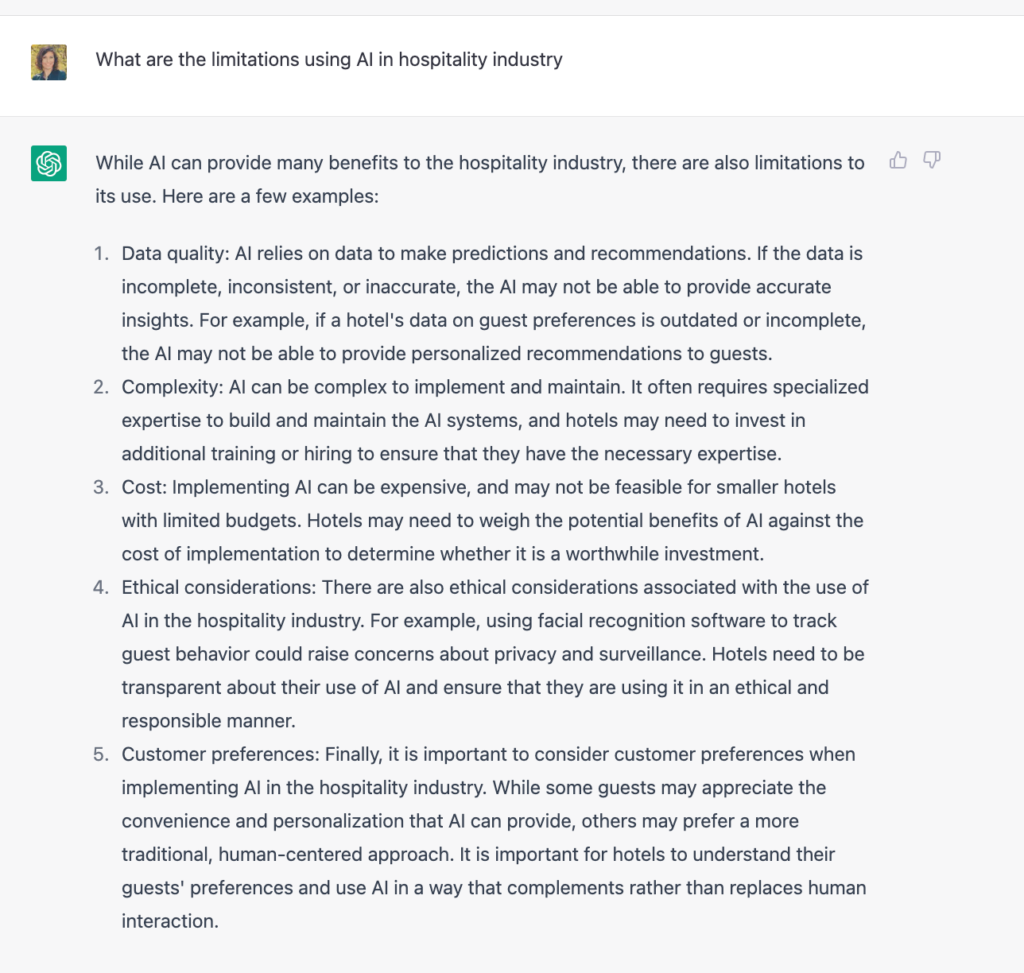
Overall, while AI can provide many benefits to the hospitality industry, it is important to carefully consider its limitations and potential risks, and to use it in a way that complements rather than replaces human expertise and creativity.

